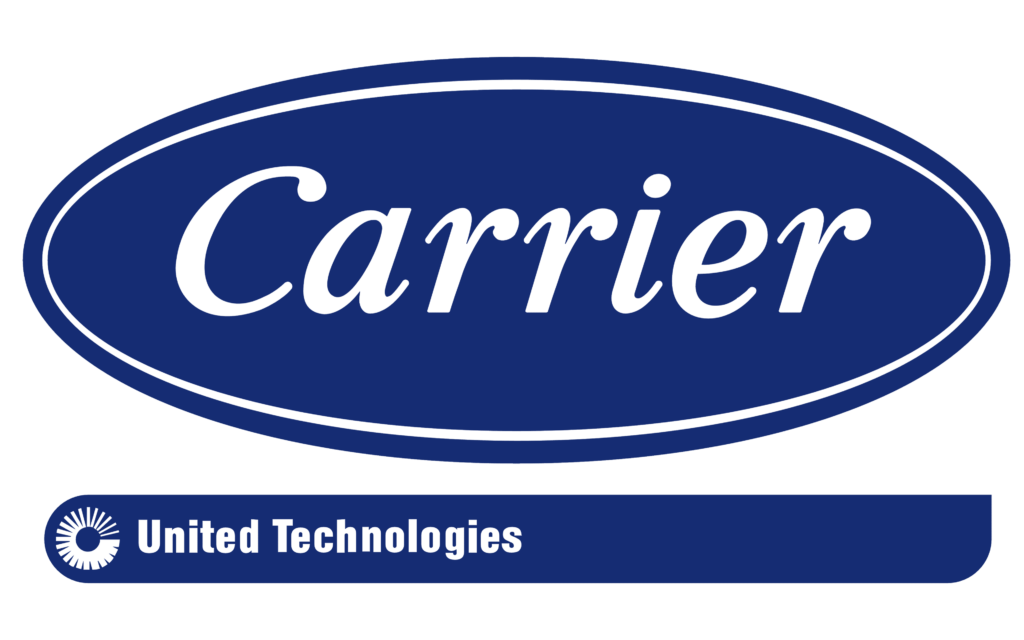With the heat of summer just around the corner, air conditioners in Tampa Bay will soon be working overtime to keep our homes cool.
For some homeowners, it may seem like it takes an eternity for their HVAC unit to cool their home on hot Florida days. If this is the case, they might want to consider the age of their HVAC unit as it plays an essential role in how efficiently their unit will operate.
Spring is the perfect time to spring into action to confirm the age of your unit and plan for maintenance or the installation of a new unit.
Keep scrolling to learn a few simple ways to determine the age of your HVAC unit.
Reasons Why the Age of Your AC Unit Matters
There are several reasons why you might want to determine the age of your AC unit including:
Budgeting: If your unit is running inefficiently or is nearing the end of its lifespan, you might need to start budgeting for a new one.
Energy efficiency
Whether you should repair or replace (You wouldn’t want to repair a unit if it is at the end of its lifespan.)
Maintenance: finding out the cost of preventative maintenance for an older unit.
Check the Nameplate
Every AC unit has a nameplate, which is usually attached to the outdoor metal condenser box outside your home. Once you’ve found it, check the upper right-hand corner of the nameplate for the unit’s manufacture date.
If the manufacture date is not visible, you can always locate the brand, model, and serial number on the plate, which can help you determine the age of the unit if you look it up online.
You could also try to decode the serial number yourself. For example:
If the serial number is 6784F3112026 that means that the unit was manufactured in the 31st fiscal week of 2012, or March 2012. The 12 in the serial number represents the year, while the 31 is the fiscal week.
You can also call our team at Super Heat, Air, and Plumbing, and we’ll help you determine its age!
Should I Have My AC Replaced?
How old is too old for your HVAC system? Well, the average system life for current ACs is around 10-15 years, so if your AC is more than 15 years old, it should be replaced. If it falls between 10 and 15 years, you should weigh other factors, like:
Has the AC been losing efficiency or costing more to run?
The number of repairs and their cost
The performance of your AC. Is it keeping you cool?
If the system has become more expensive to run and is prone to repairs, then the best step is to replace it.
Another thing that you’ll want to consider is the type of refrigerant that your system uses. You will be able to find this out on the nameplate as well.
If your AC uses R-22, then you should purchase a new air conditioner ASAP. Why? R-22 has been phased out and banned in the United States. And as of 2020, you can no longer have the system repaired.
A new AC will work at higher efficiency and will use more environmentally friendly refrigerant options. If you have an outdated HVAC unit, the time to act is now!
When buying a new HVAC unit, pay attention to SEER ratings> Seer Rating Explained
Super-Fast HVAC Repairs and Installations
Say goodbye to your old inefficient HVAC unit and call our team at Super Heat, Air, and Plumbing for 5-star rated HVAC installations across Tampa Bay. If you are unsure of the age of your unit or what kind of refrigerant it uses, don’t hesitate to reach out to us. We are always happy to help!



